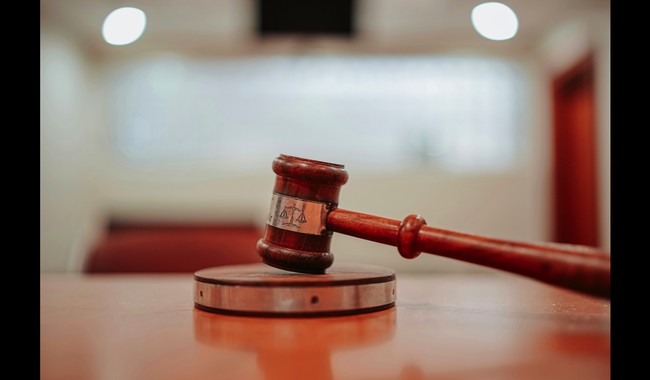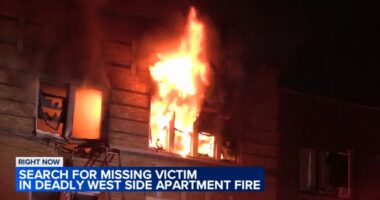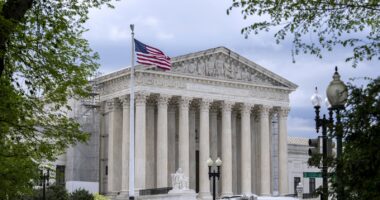
If you thought the Supreme Court’s weighing in on Judge James Boasberg’s jurisdiction in the Alien Enemies Act (AEA) case was the end of the inquiry, you’d be mistaken. As I’m often compelled to remind folks, procedural rulings aren’t rulings on the merits. And all that Monday’s SCOTUS decision did was say that Boasberg’s wasn’t the court in which the plaintiffs in that case could bring their claims.
In fact, three of the plaintiffs are located at the El Valle Detention Center in Raymondville, Texas, and have now petitioned the U.S. District Court in the Southern District of Texas for relief, seeking a writ of habeas corpus. (Two others somehow were transported to New York and have filed a similar suit there.)
On Wednesday morning, Judge Fernando Rodriguez Jr. (a Trump appointee) issued a temporary restraining order (TRO) in that case, placing a temporary hold on the removal of the plaintiffs under the AEA.
JUST IN: Trump-appointed judge in Texas blocks removals under the Alien Enemies Act, citing the SCOTUS ruling and the potential for a mistake as revealed in the Abrego Garcia case.
This follows a similar order from NY judge on two other AEA targets pic.twitter.com/OvVSCi0dDv
— Kyle Cheney (@kyledcheney) April 9, 2025















![‘Smoke’s Jaw-Dropping Episode 2 Twist Explained: Is [SPOILER] An Arsonist?](https://bbcgossip.com/wp-content/uploads/2025/06/‘Smokes-Jaw-Dropping-Episode-2-Twist-Explained-Is-SPOILER-An-Arsonist-260x140.jpg)

